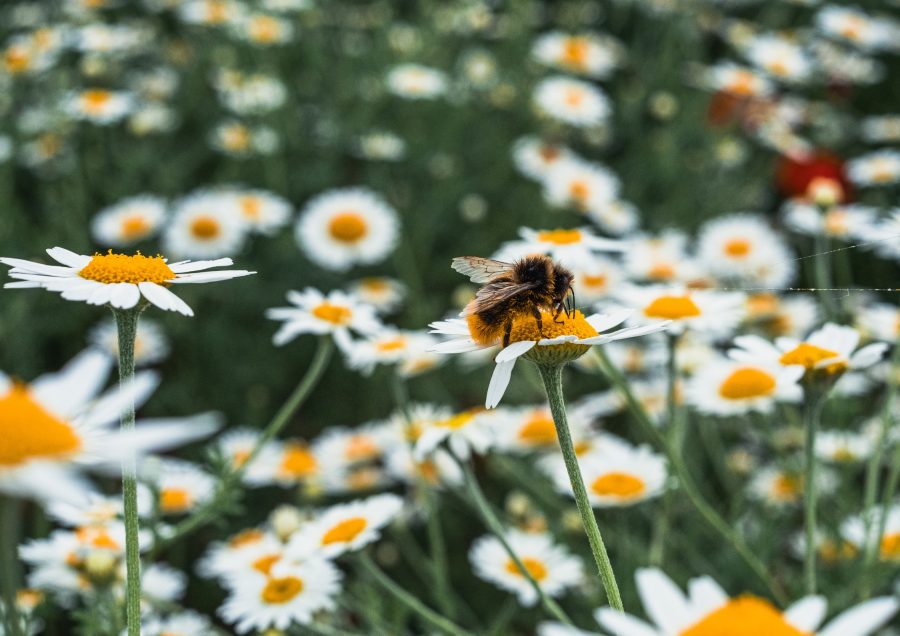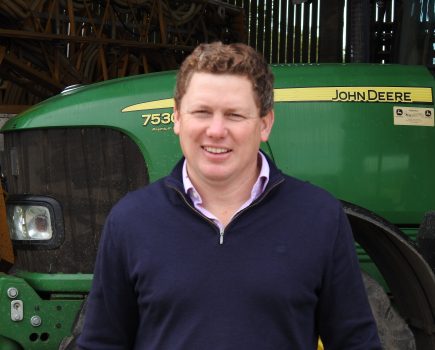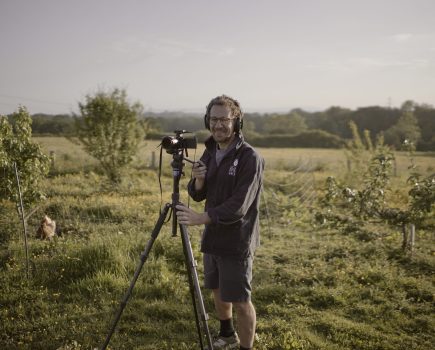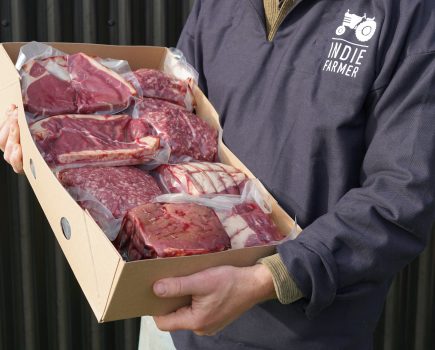Wholesale native wildflower seed supplier, Bradford Green has welcomed English Heritage’s plans to establish 100 wildflower meadows at historic sites to celebrate the King’s coronation.
The start-up business is based at Bradford Estates on the Shropshire / Staffordshire border. Here they produce high-quality sustainable wildflower seed to be used by private, public and charitable organisations, as well the general public for a range of biodiversity projects and wildflower plantings.
Bradford Green Director, Bethan Pugh, recognises the value of initiatives such as English Heritage’s dedicated King’s Coronation Meadows and calls for further restoration of the country’s lost flower-rich grasslands.
“Our ancient meadows drastically declined after WWII. We’ve lost 97% over 70 years which has had a hugely detrimental impact on the wildlife these habitats sustain,” says Ms Pugh.
“Thankfully, there is growing recognition of wildflowers’ multiple benefits. Reinstating meadows is a great way to create a lasting and positive legacy for future generations.
“However, it’s important to remember that farms of any size or type can benefit from prioritising nature recovery by establishing flower-rich spaces,” she adds.
Wildflowers not only enhance biodiversity, but they also improve soil health, as well as delivering aesthetic and wellbeing value for local communities.
As the Government’s land management, farming and environmental policies continue to promote more nature-friendly approaches, the introduction of native species is being actively encouraged.
Creating flourishing natural spaces that support pollinators and other wildlife depends on having the highest concentration of native wildflower species to attract bees and other insects.
“There are financial incentives being introduced through the Countryside Stewardship scheme and increased opportunities for funding from the private sector by working with businesses such as YourPact. This means more landowners can follow English Heritage’s example and make their own contribution to reversing biodiversity loss in the UK as a result,” says Ms Pugh.
For more like this, sign up for the FREE South East Farmer e-newsletter here and receive all the latest farming news, reviews and insight straight to your inbox.







